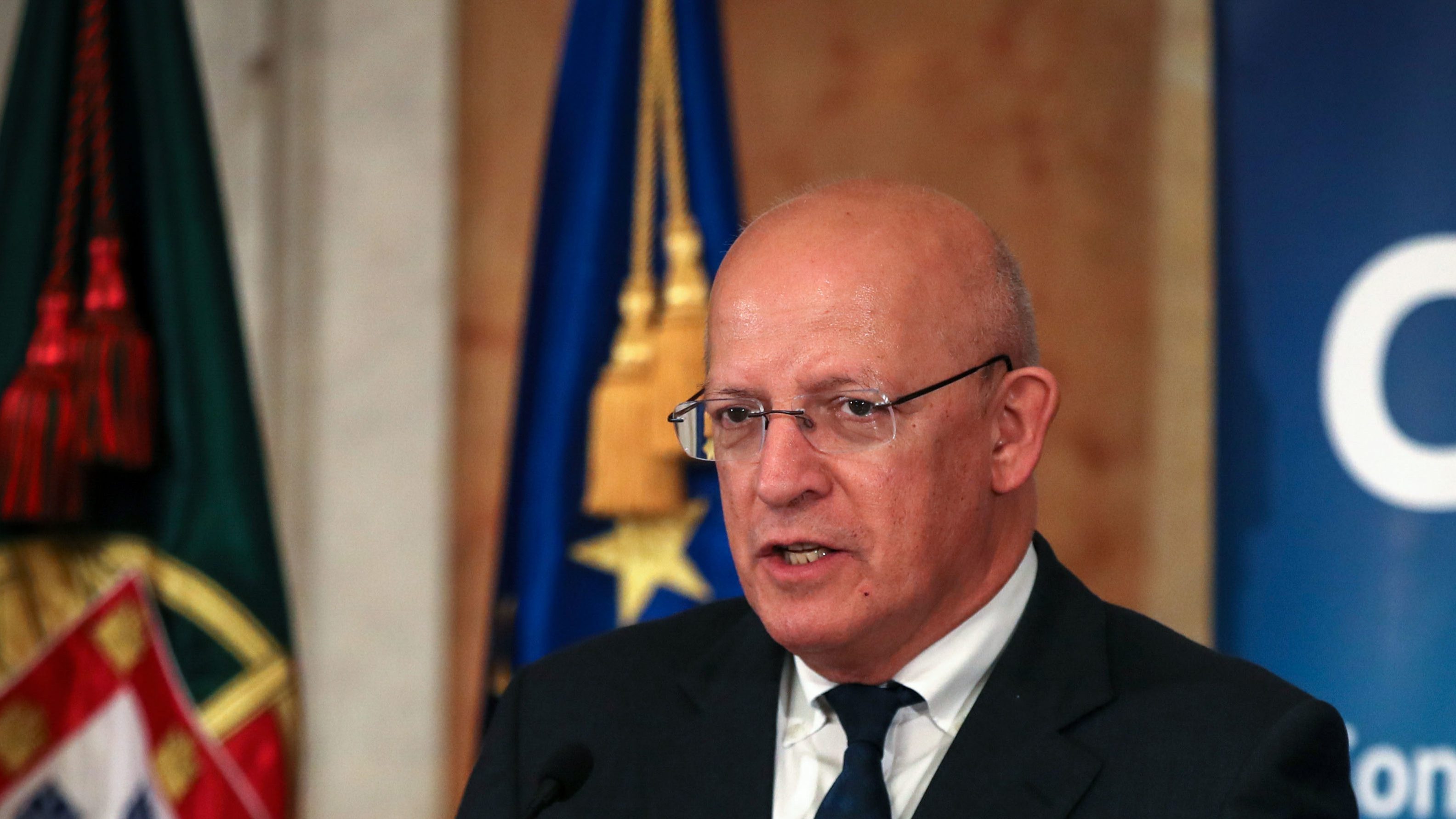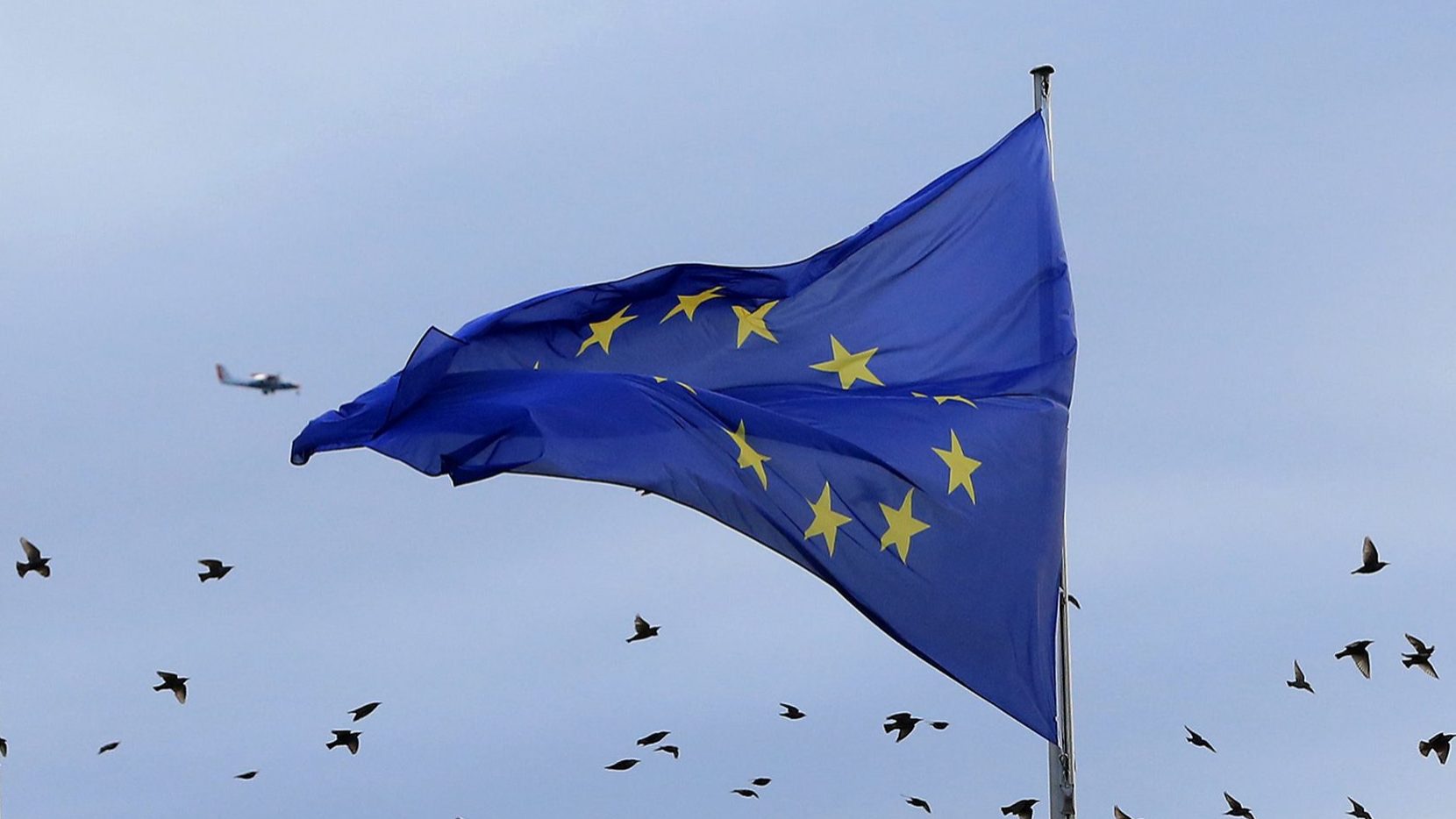Reconciliation between allies will take time after AUKUS pact
According to Santos Silva, "there are lessons to be learned" from the trilateral defence pact between the United States, United Kingdom and Australia for the Indo-Pacific region (called AUKUS).
The Minister of Foreign Affairs, Augusto Santos Silva, has said that, following the AUKUS pact for the Indo-Pacific, a rapprochement between allies is possible, but “it will take some time”.
On the other hand, according to the minister, “there are lessons to be learned” from the trilateral defence pact between the United States, United Kingdom and Australia for the Indo-Pacific region (called AUKUS) – which led to the cancellation by Australia of a contract with France for the supply of submarines, and also “from the way in which the withdrawal from Afghanistan was carried out in August.
Speaking to journalists in New York, Santos Silva said that 2022 will be “a decisive year”, stressing that it will be the year of the “conclusion of the work of redefining the European Union’s foreign and security policy guidelines” and at the same time of the “approval of NATO’s new strategic concept”.
“It is clear that in the elaboration of both the new strategic concept of NATO and the strategic compass of the EU, the lessons of Afghanistan, but also the lessons that have now emerged from these events in relation to the Indo-Pacific must be considered”.
On the AUKUS pact, the Foreign Minister said he had the opportunity to discuss the issue on Tuesday at a meeting with US Assistant Secretary of State Windy Sherman and that he is “very much looking forward” to the next direct contact between US President Joe Biden and French President Emmanuel Macron.
“The Portuguese concern is only one: that we restore as soon as possible the trust that was lost in these last days, because it is very important that the strategies of the EU, the US and the UK for the Indo-Pacific are as allied as possible,” he said.
In his view, “with will, with time and with clarity, knowing how to distinguish the main issues from the secondary issues”, a rapprochement is possible, but “of course it will take some time”.
“You have to understand that, both from the point of view of form and from the point of view of content, the way in which the US, Australia and the UK negotiated with each other was uncomfortable towards the EU”.
The minister argued that “North Americans, British and Europeans are the closest partners, whether from the point of view of values, or from the point of view of institutions, or from the point of view of interests” and stressed that “Portugal is available to help in the effort to reconnect”.
When asked about the relationship between the current US administration and NATO, he replied that “compared to the previous administration” of Donald Trump, it is “a moment of happiness”.
“Like all moments of happiness, it is not without problems. The problems must be faced. With the Biden administration we have an interlocutor who understands these problems and who is willing to face them. You only have to look at President Biden’s very appeasing speech towards his European allies yesterday in the General Assembly”, he added.
On the role that the EU should play in the field of defence, he stated: “EU defence policy must continue and be pursued, but it is not a policy against the US, nor is it a policy that should be pursued by ignoring our NATO commitments, on the contrary, it is a policy to strengthen the North Atlantic’s capacity for self-defence and influence”.


